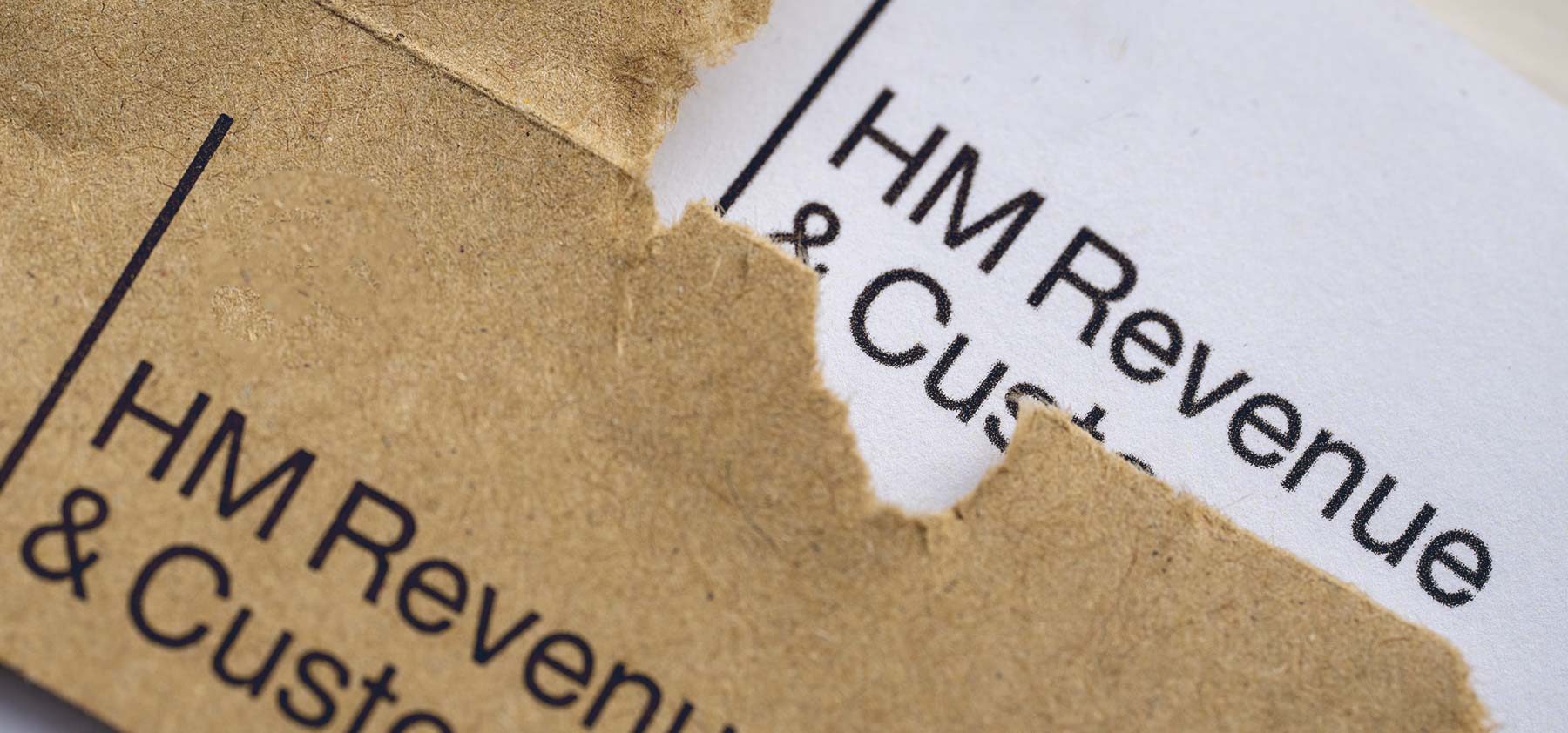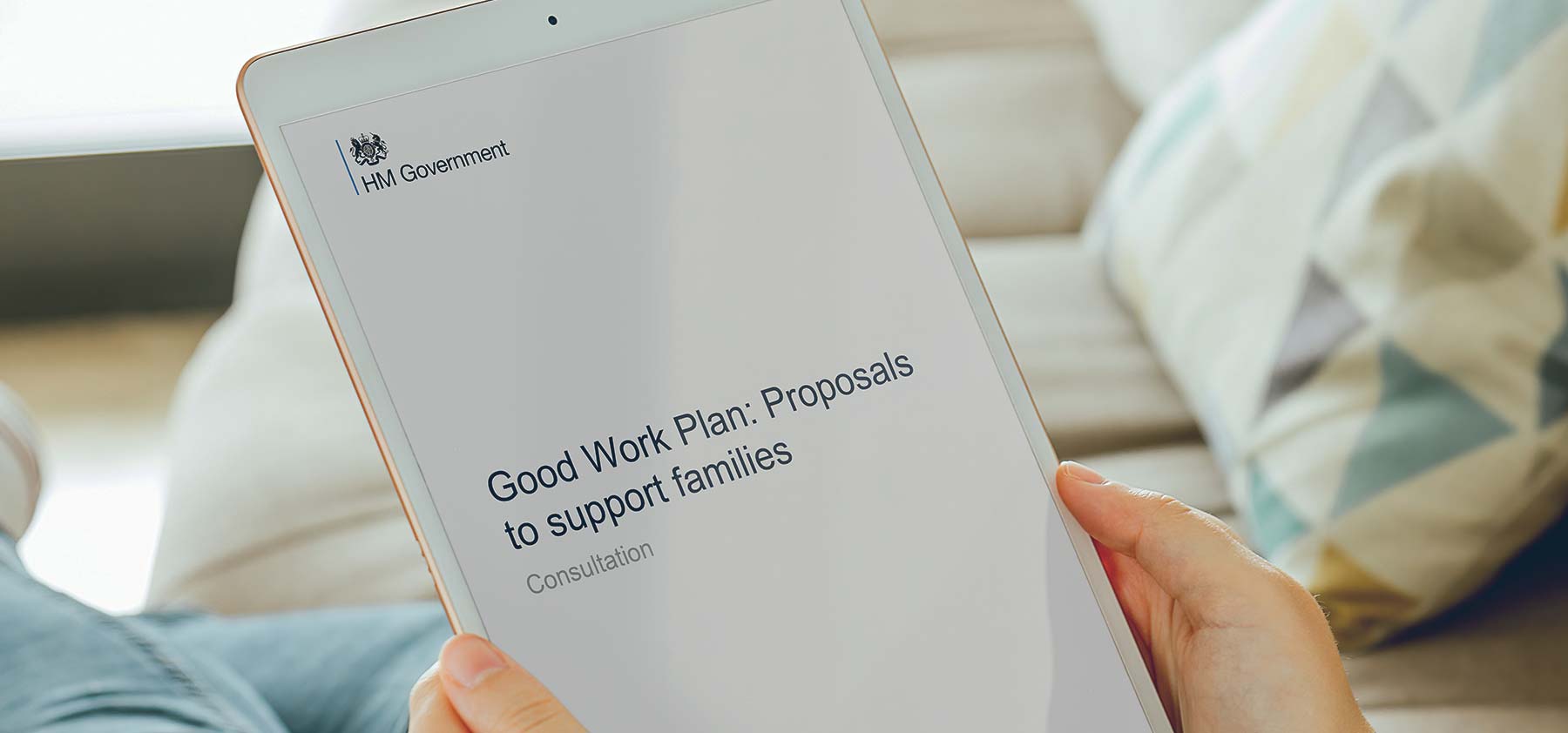
Outstanding Post – HMRC Expands its Agent Team

Agents tell us that getting a response from HMRC can be time-consuming. Indeed, this was expressed to the Chancellor of the Exchequer in a letter from several accountancy bodies who, collectively, represent thousands of accountants. HMRC service levels result in frustration, not least cash-flow disruption. The letter sought to raise the issue ahead of the Spring Budget 2023, indicating that this presented an opportunity to ‘invest in HMRC, with a focus on improving customer service and effectiveness’.
In May 2023, well after the Spring Budget, Victoria Atkins, Financial Secretary to the Treasury, responded. Whilst she apologised, she largely justified HMRC’s service levels, indicating that digital communication is the future rather than using the telephone or writing a letter.
It is disappointing that poor service levels were not acknowledged, though this response does indicate the future direction of HMRC in encouraging digital communication. In some respects, this is understandable and it is achievable by some employers. Although, perhaps HMRC acknowledge a problem with responses to enquiries by post as 10 July 2023 saw an expansion of the remit of the Agent Account Manager (AAM) team. From this date, providing the agent is registered, the expanded remit will allow them to look at postal queries that have been outstanding for 12 months or more.
There are some important points to note before using this service:
– Unless they are over 12 months old, the AAM service cannot be used for formal complaints and compliance checks
– The service cannot be used if a query is already under investigation at HMRC
– The agent must be registered
– The query must be raised using the Agent Issue Resolution Service form and, importantly
– Within the form is a section ‘About your client’ that contains a ‘reason’ field. This must be completed with the narrative ‘agents 12 month+ post trial’
Like any change to their service, HMRC advise that they will periodically review the success, or otherwise. Therefore, this is our opportunity to make this work for ourselves and HMRC and finally clear that backlog of postal enquiries that hinder the work we do, all in the name of compliance.
Important Employment Law Changes

In July 2019, the UK Government’s‘Good Work Plan: Proposals to support families’ looked at 3 areas:
Statutory Neonatal Leave and Pay
This was outlined in the Conservative Party Manifesto of 2019 with the commitment ‘We will legislate to allow parents to take extended leave for neonatal care’. Via a Private Member’s Bill from Stuart C McDonald of the Scottish National Party (SNP), the Neonatal Care (Leave and Pay) Act 2023 does legislate for this to happen, possibly from April 2025.
Work-Life Balances and Flexible Working
The first part was a requirement for employers to make public employer parental leave policies to ensure there is transparency on work-life balances. Even though there was support for this measure, the flexible working consultation in 2021 concluded ‘Covid-19 has meant that we have not pursued these proposals as quickly as may otherwise have been the case’. This does not mean that the requirement has disa ppeared, merely it has been delayed.
The second part was regarding the right to request flexible working from day 1 – the right to request does not mean it is automatically granted. This was also a Conservative Party Manifesto commitment which said ‘We will encourage flexible working and consult on making it the default unless employers have good reasons not to’.
Via a Private Member’s Bill from Yasmin Qureshi of the Labour Party, the Employment Relations (Flexible Working) Billlegislates for this to happen and the Bill is awaiting Royal Assent.
Statutory Paternity Leave and Pay
The same Manifesto said ‘We will look at ways to make it easier for fathers to take paternity leave’. On 29 June 2023, the UK Government finally published its response to the July 2019 consultation regarding Statutory Paternity Leave and Pay (SPL/ P). Reference to ‘fathers’ need to include partners, as the responses document includes leave and pay in both birth and adoption cases.
In the section ‘Paternity Leave and Pay – Policy Response’, the UK Government has confirmed that employment law legislation in Great Britain will be amended to:
– Allow SPL / P to be taken in two separate blocks of one week rather (as opposed to the strict one or two blocks now)
– Allow these blocks to be taken in the first 52 weeks of the birth/placement of a child (as opposed to the56 day rule that applies now)
– Require a notification of entitlement by employees 15 weeks before the birth/placement (rather than notification of the leave dates) and
– Allow eligible employees to give only 28 days notice to the employer of their leave dates
This is an important responses document and will mean changes to the way that employers work and payroll software will facilitate the leave and pay entitlement. This is to say nothing of the need for employers to update policies and procedures.
(Note that the responses document also covers Maternity Leave and Pay / Allowance, Statutory Paternity Leave and Pay and Unpaid Parental Leave. There are no changes to any of these.)
Obtaining the National Insurance Number

The National Insurance Number (NINO) is, perhaps, the most important number an individual will ever be allocated as it is used by many organisations for many different purposes. It is extremely important that NI history is recorded against the NINO for entitlement to some State benefits, particularly State Pension
When it comes to payroll processing, the NINO is a vital piece of ‘matching data’ for HMRC. Essentially, this unique number is used to match an employee in payroll software to an individual on HMRC’s system. Where there is a match, there is one employment record created, i.e., one employment and one employment record of HMRC’s systems. Where there is not a match, there is the possibility that HMRC will not create a single employment record, thereby resulting in a duplicate.
The important message, therefore, is that the employee should declare the NINO to the employer and the employer should make every possible effort to obtain this. This is easier said than done as, sometimes, we do not get this information in time for the first RTI submission. April’s Employer Bulletin from HMRC contained information on getting the number, aimed at both employees and employers:
Employee
Sometimes, the employee does not always have the number themselves so there are a range of options available to them:
– Try looking at HMRC / DWP correspondence and information such as previous payslips, P60s, P11Ds
– If they have never had one before, make an application
– The NINO can be viewed if they have a Personal Tax Account – if they don’t, it is good advice to register
– Use the ‘Get your National Insurance Number by post’ service
– Use the ‘Find a lost National Insurance number’ online service. Although, this requires a Government Gateway user ID and password and is only access to their Personal Tax Account anyway
– As a last resort, call HMRC on 0300 200 3500. However, the individual is likely to be referred to the above options
The intention of this article and HMRC’s advice is that the NINO is important data, not least for matching purposes on HMRC’s systems.
Introducing More HMRC Call Waiting Times

We have all had to call HMRC’s helplines at one time or another. Although HMRC are moving to a ‘digital by default’ regime, sometimes there is the need to talk to a real person rather than trawl HMRC’s guidance or talk to an automated chat facility or HMRC app.
It is useful to have an indication of the expected wait times, something that does exist on the PAYE Helpline (0300 200 3401) which can answer general queries about making payments. The expected wait times are based on the average of calls from the previous day and HMRC advise that this has directed callers to other help routes which may help them resolve their query elsewhere. They also advise that it has reduced waiting time from 40 minutes to below 20, allowing them to take more calls.
In July 2023, HMRC advised that they had introduced this expected wait time facility on other helplines, as follows:
– Child Benefit (0300 200 3100)
– Construction Industry Scheme (0300 200 3210)
– Employers (0300 200 3200)
– National Insurance (0300 200 3500)
– Online services (0300 200 3600)
– Tax credits (0345 300 3900)
– VAT (0300 200 3700)
HMRC’s communication refers to this introduction of waiting times as being ‘open and transparent’ with callers. This is true, yet the overriding message remains one to encourage the use of digital services as the first option.
August Questions and Answers

Q1. We have a new employee who did not present a P45 and did not complete the Starter Checklist. Which FPS starter declaration and tax code should we use?
A: HMRC’s guidance in the PAYE Manual says that the starter declaration must be C and the tax code to use is 0T on a week 1 / month 1 basis. Starter declaration C, essentially, sets the employee up on HMRC’s systems with a secondary record, simply because HMRC do not know whether this is a primary employment or a second employment. Tax code 0T W1 / M1 means that the employee is not entitled to any personal allowances.
Use HMRC’s ‘Work out your new employee’s tax code’ tool for confirmation. Failure to return the starter checklist is an all-too-common event and the employer should do everything they possibly can to get the checklist completed prior to the employee’s first payday.
Q2. A client did not tell us that they were eligible for the Employment Allowance in tax year 2023/24 (despite us asking for confirmation!). After the July payrun, they did tell us. Can we indicate to HMRC that they are eligible even though the tax year is well underway?
A: Yes! Employers can claim the Employment Allowance going back 4 tax years, though only 1 through the payroll. Simply, in the next payrun, tick the Employment Allowance claim indicator in your software for the next submission of the Employer Payment Summary (EPS) and HMRC will apply the Allowance for the whole of the current tax year. The employer, though, will only notice that you have done this when they look at the National Insurance liability in the next payrun.
Do check the eligibility criteria on Gov.UK. Not all employers are eligible (and you will need to indicate their business sector on the EPS as well).
Q3. We have an employee who is taking unpaid parental leave in September for 2 weeks. This is so that he can be with the child as they settle into their new school. The employee has told us that he took unpaid parental leave at his previous employment. Do we need to take this into account?
A: Unpaid parental leave is one of those employment rights that does impact payroll, as it means we must adjust their earnings for the pay period. Therefore, this is a relevant question and you are right to query this, as not all employers know the eligibility criteria. The employee is entitled to 18 weeks for each child up to the age of 18, taken in weekly blocks capped at 4 weeks per year. Yet, the entitlement is per child, not per employment.
So, yes, you do need to consider the unpaid parental leave taken at a previous employment to ensure the employee does not exceed their statutory entitlement (the 18 weeks per child up to their 18th birthday).
August Key tax dates

03 – Is National Cycle to Work Day, where employees are encouraged to get into work on two wheels.
19 – Please note, in 2023, 19 August is a Saturday.
– Deadline for sending the Employer Payment Summary (EPS) for tax month ending 05 August
– Deadline for paying HMRC all PAYE, NICs, Student Loans and CIS deductions (less child-related statutory payments) if paying by a non-electronic method
22 – Deadline for paying HMRC all PAYE, NICs, Student Loans and CIS deductions (less child-related statutory payments) if paying electronically. HMRC must have cleared funds on or before this date
28 – Except for Scotland, Monday 28 August 2023 is a UK Bank Holiday.
 Book a No-obligation Discovery Call
Book a No-obligation Discovery Call




 Book a Free Discovery Call
Book a Free Discovery Call

